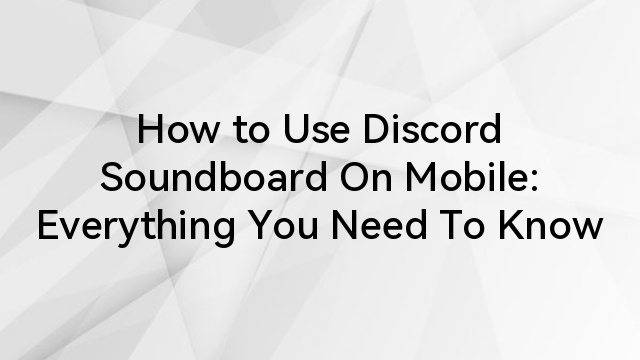Discord has millions of users and countless communities. The platform has implemented various measures for communities and users to ensure a safe environment for everyone, including labels like the “IWC” tag. As an active Discord user, if you are wondering what IWC tag on Discord means, you’re in the right place!
The IWC label on Discord simply means “Interact with Caution.” This tag is applied by communities to users’ profiles who might have a history of problematic behavior. The purpose of this tag is to warn other members to be cautious when interacting.

In this article, we’ll unwrap everything about what does IWC mean on Discord, its underlying reasons, and interaction practices with individuals who may have this label. Knowing all these aspects will help you navigate interactions on Discord more safely. So, continue reading to know more about it!
IWC on Discord: What it Means
On Discord, the label IWC stands for “Interact With Caution.” This label is mostly seen next to the user’s profile names. It is a community-driven tag that alerts members about individuals who may be experiencing emotional distress or instability.
Note: The IWC tag is not an official Discord feature; instead, it’s a way for communities to flag users who could be at risk of exhibiting problematic or harmful behavior.
When you see the IWC tag, it’s a sign to be cautious in your interactions with that person. This label might be applied if someone is going through a tough time, displaying erratic behavior, or showing signs of conflict-prone actions. The goal of the IWC tag is to prevent potential disputes and help maintain a respectful environment within the community.
Common Reasons for IWC Status on Discord
The IWC label on a user’s profile can confuse other individuals in the community if they are unaware of it. Explored below are the most common reasons that could be at blame for why someone might be tagged with IWC on Discord:
- Emotional Distress
If someone is experiencing emotional distress due to the recent loss of a job or loved one, they may become more sensitive or reactive in conversations. So, it’s better to interact with an individual with an IWC label with kindness, as they might be struggling with anything.
- Instability
Users exhibiting instability, such as erratic behavior or frequent mood swings, might receive an IWC tag. For instance, if a person’s responses are inconsistent during interaction, it’s a sign that they might be dealing with underlying issues. Interact with them cautiously to prevent misunderstandings or conflicts.
- Recent Life Changes
Significant life changes can also lead to an IWC status. If someone has recently gone through a major transition, like a job loss, their behavior might be affected. They might be more prone to stress or frustration, so being extra mindful of their situation can help ease interactions.
- Online Behavior
If someone’s online behavior has been problematic—such as frequent arguments or spreading misinformation—they might be flagged with an IWC tag. For example, if a user has been involved in multiple heated disputes, this tag warns others to approach their interactions carefully.
- Personal Struggles
Personal struggles, such as dealing with mental health issues or financial difficulties, can also lead to an IWC status. If a user has shared that they are facing significant challenges, they might be more likely to react negatively or exhibit problematic behavior. Offering support and understanding can make interactions more positive.
Keep in mind that users may not always share these challenges openly on social platforms like Discord. However, the discussed above reasons are possible factors that could contribute to an individual’s erratic behavior with other users, resulting in an IWC warning status on their profile. Understanding these factors can help you approach interactions with empathy and care.
Interacting with Person Tagged as IWC?
Remember that any Discord community puts an IWC label on users who have shown erratic behavior while interacting with other members. That’s why, when interacting with someone tagged as IWC status on Discord, be cautious and consider the following factors:
- Approach with Empathy: Understand that if any person is erratically behaving or making conflict-prone communications in the community, the person may be going through a difficult time. So, avoid being overly critical or confrontational while interacting with them.
- Set Boundaries: While it’s important to be supportive. It is also equally essential to maintain healthy boundaries. If the interaction becomes too challenging in the community, stepping back or limiting the conversation is okay to protect your well-being.

- Communicate Clearly: Be clear and straightforward in your communication. Avoid ambiguous statements that could be misinterpreted, as someone dealing with distress might be more sensitive to how things are said.
- Be Mindful of Your Actions: Recognize that your words and actions might have a bigger impact on someone and can trigger them. So, always be mindful of your words and actions.
Adhering to these practices will help navigate any critical situations more smoothly, contributing to a more compassionate and supportive Discord community.
IWEC on Discord: A More Serious Alert
IWEC status on Discord means “Interact With Extreme Caution.”
It’s a subcategory of IWC (Interact With Caution) and a more severe warning than that. This label is used to warn other individuals about someone who has a history of causing harm or negative consequences to other members. Interacting with someone labeled as IWEC requires even greater care, as the risks associated with their behavior are considered more serious.
Beyond the Label: Understanding the Person
When you see an IWC (Interact With Caution) or IWEC (Interact With Extreme Caution) tag on Discord, it’s important to look beyond the label and remember that there’s a person behind it. These tags are just meant to signal caution to other community members. However, these tags don’t showcase the full personality of an individual.
Seeing the label on Discord and knowing about such warning tags should not stop you from interacting with other individuals. Rather, approach interactions with an open mind and sensitivity. Engage with them respectfully and carefully, keeping in mind that your thoughtful approach can make a positive difference.
Conclusion
Knowing what IWC (Interact With Caution) means on Discord is key to navigating interactions thoughtfully. This label indicates that a user might be dealing with personal challenges, so approaching them with empathy and care is essential.
By understanding what does IWC mean on Discord and responding with sensitivity, you help create a more supportive and harmonious community. Your consideration can make a significant difference in fostering a positive environment for all users in the community.
FAQs
1. What does IWC stand for on Discord?
IWC stands for “Interact With Caution.” It is a warning status used to alert others about individuals who might be experiencing emotional distress or who may be difficult, unstable, or prone to outbursts.
2. Why is someone labeled as IWC on Discord?
The Discord community may tag individuals as IWC for various reasons, such as emotional distress, significant life changes, personal struggles, or behaviors that suggest instability or potential for conflict.
3. How should I interact with someone labeled as “IWC”?
When interacting with someone who has the IWC tag, approach them with empathy and understanding. Be mindful of your words and actions, and set clear boundaries if needed. This cautious approach helps you to prevent potential conflicts due to their current emotional or behavioral state.
4. What does IWEC stand for on Discord?
IWEC stands for “Interact With Extreme Caution.” It is a more severe warning and a subcategory of the IWC label, indicating a higher risk of harm or negative consequences associated with the individual’s behavior.
5. Can someone be labeled as “IWC” permanently?
No, the IWC tag is not a permanent status. Users can have the tag removed by communities as their situation and behavior change over time. It’s important not to make judgments on any individual based on this label alone.
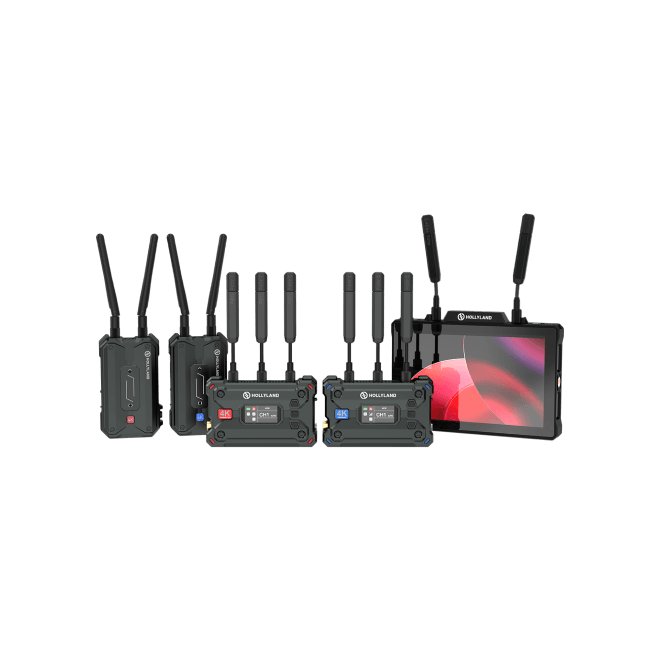
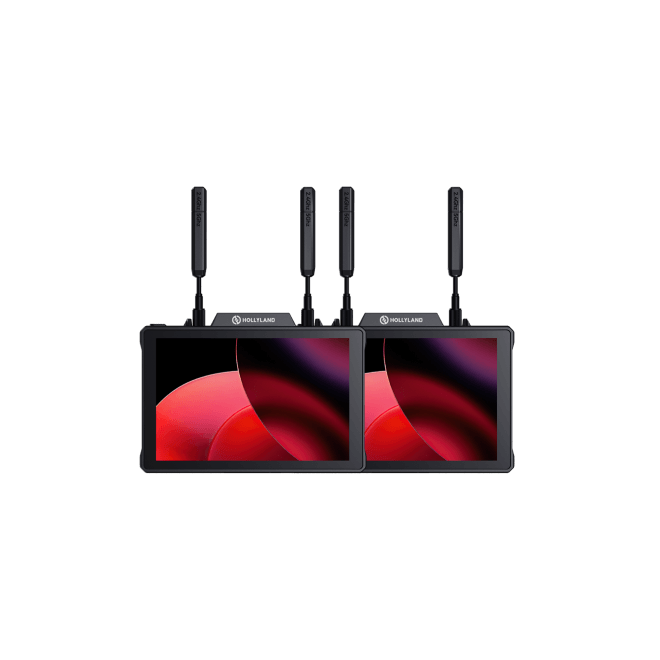
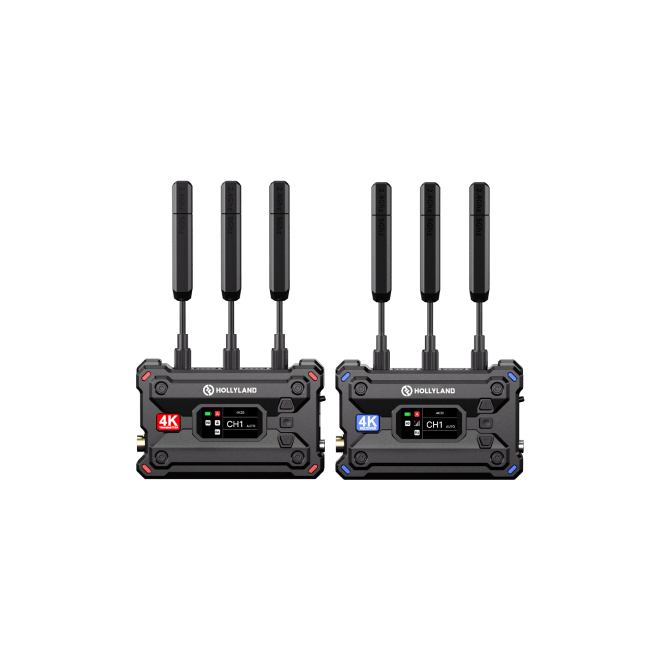
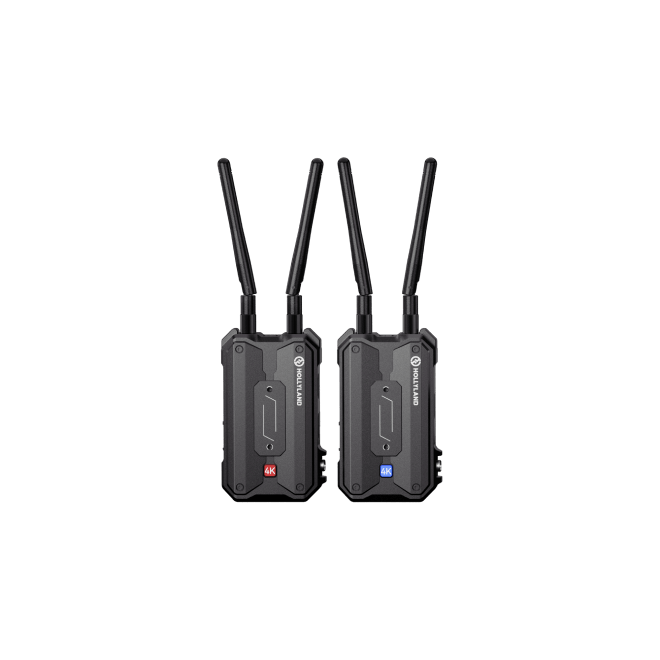
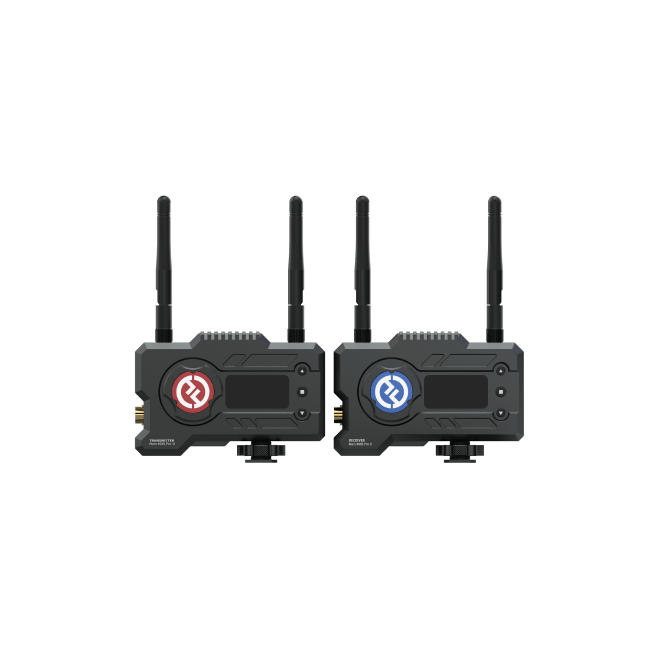
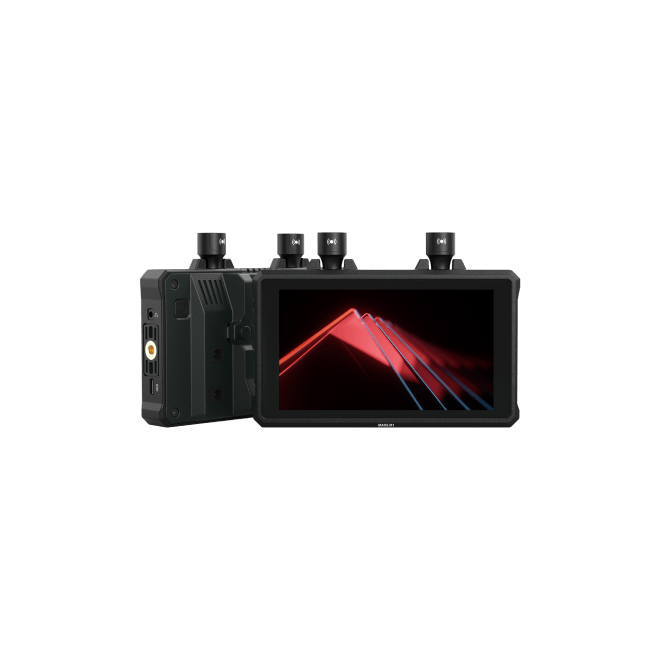
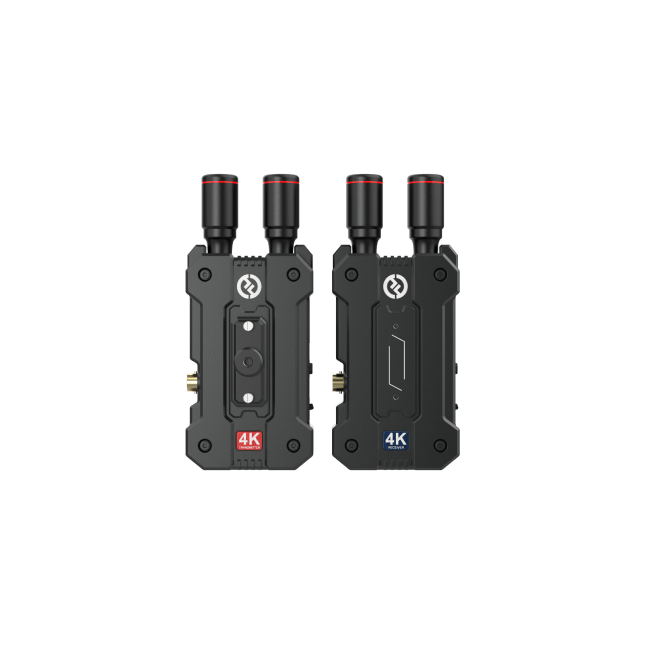
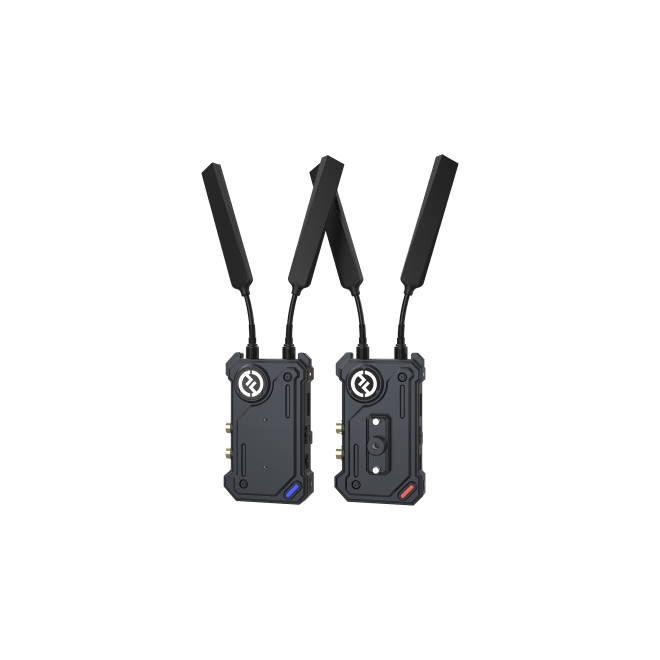
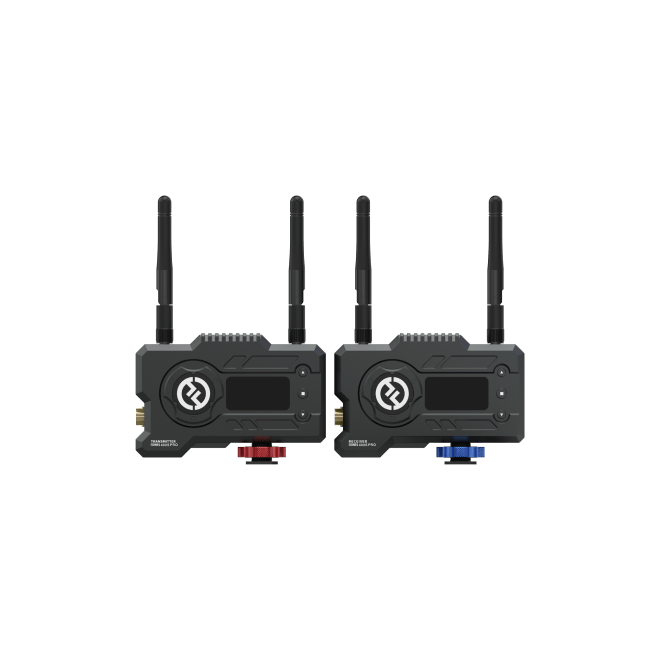
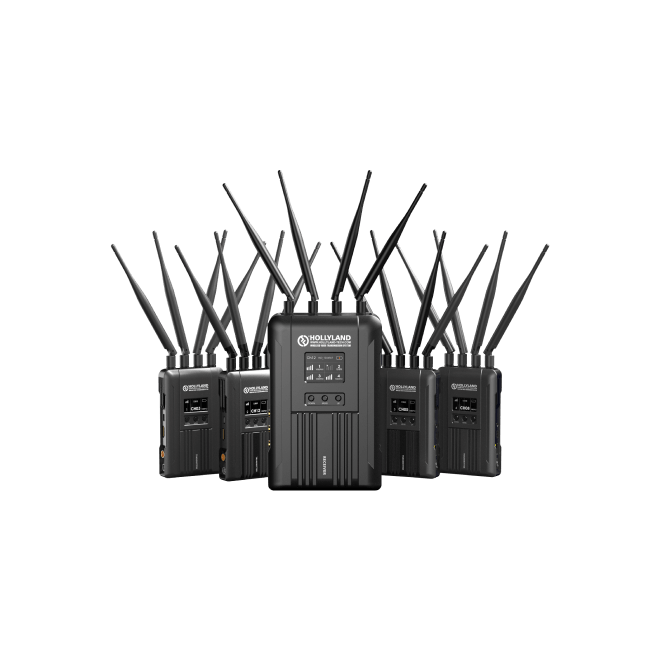

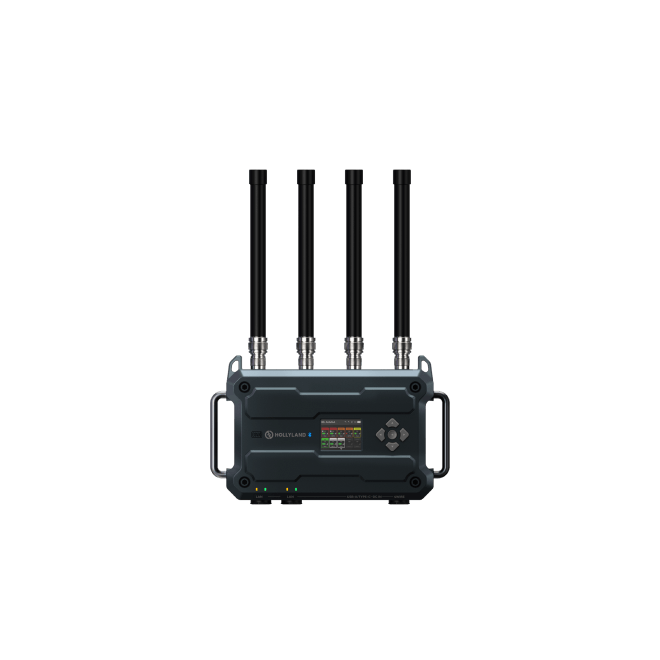
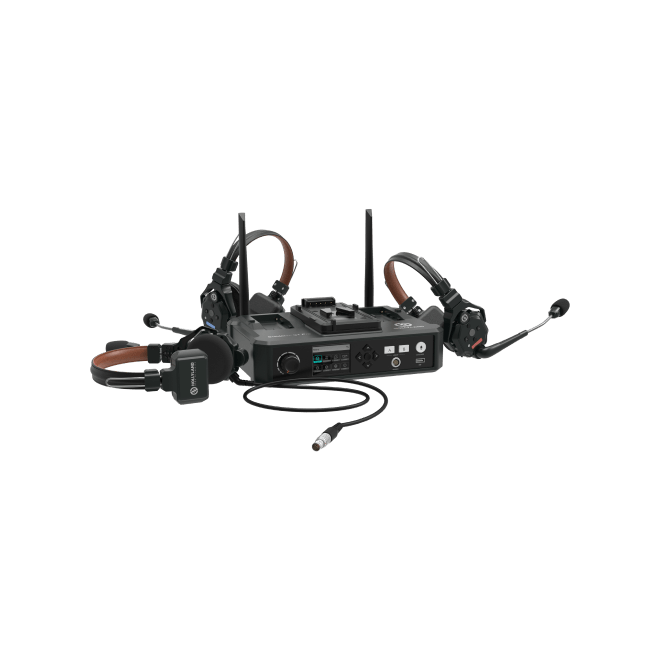
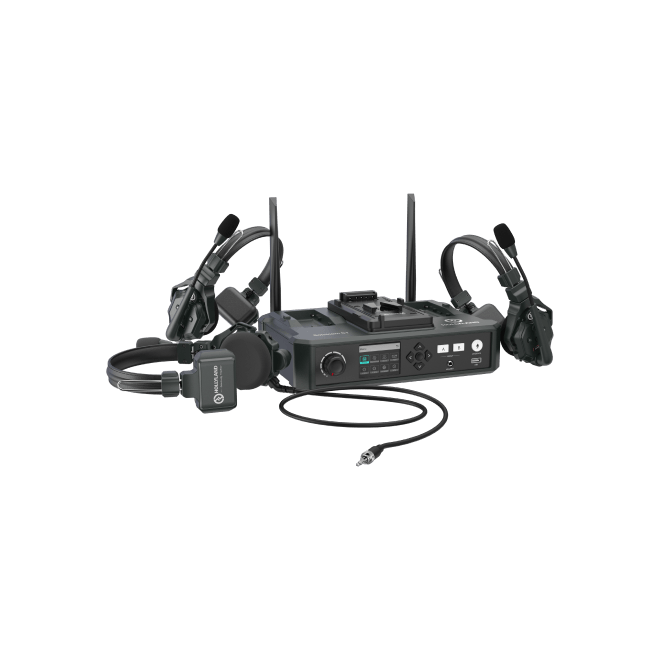
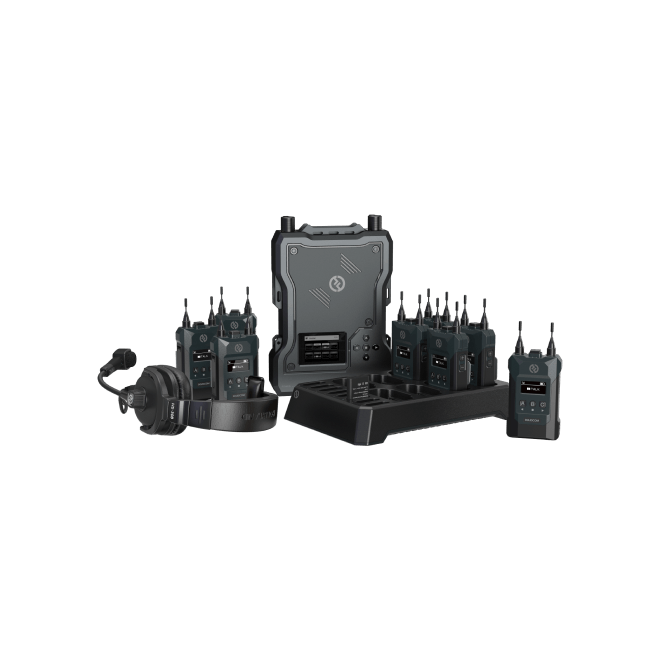
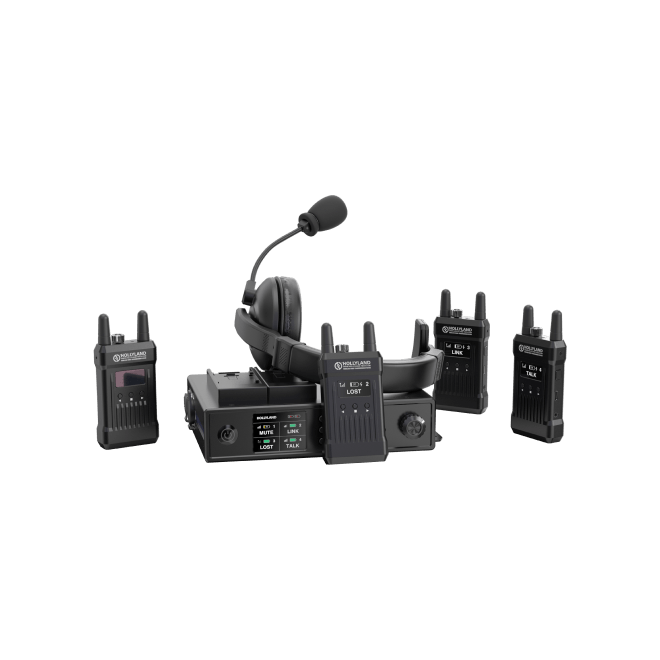
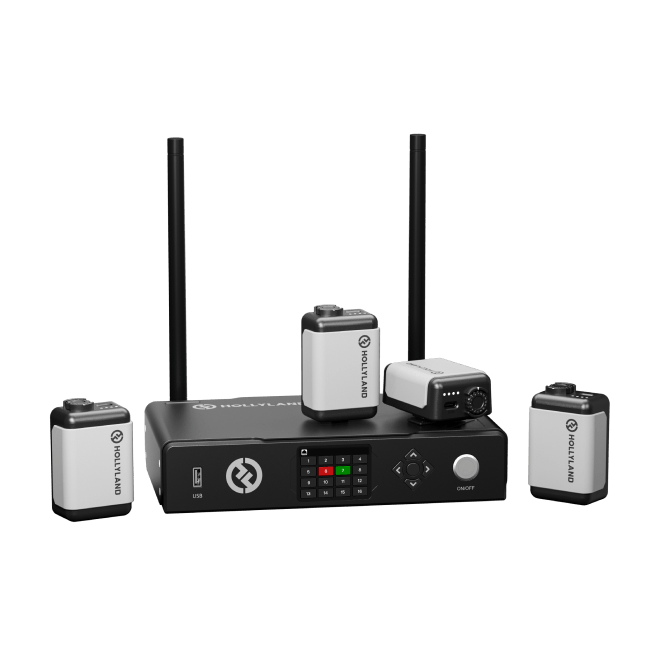
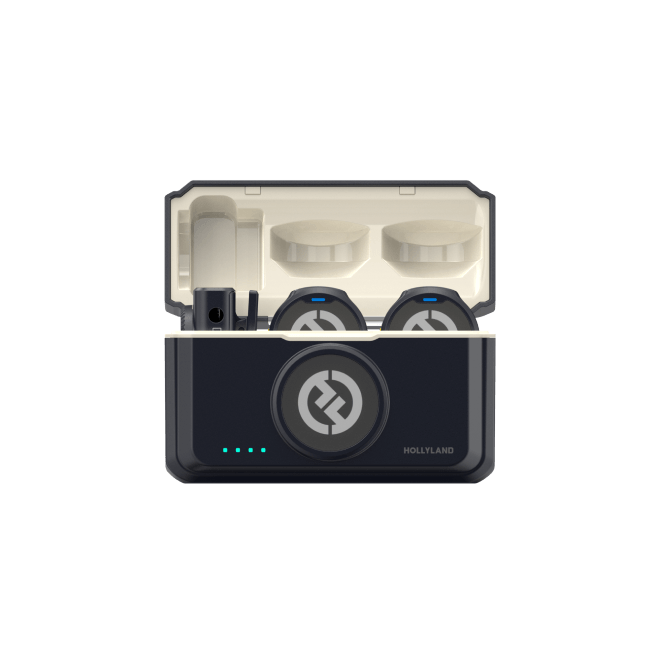
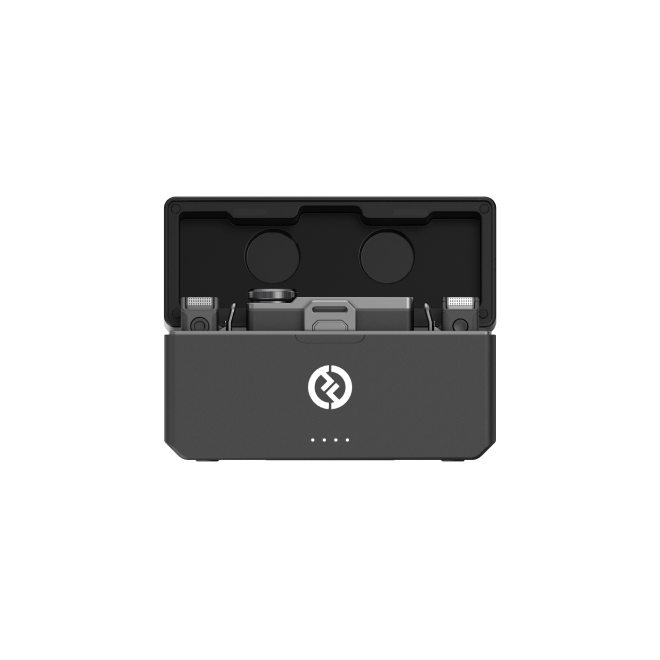
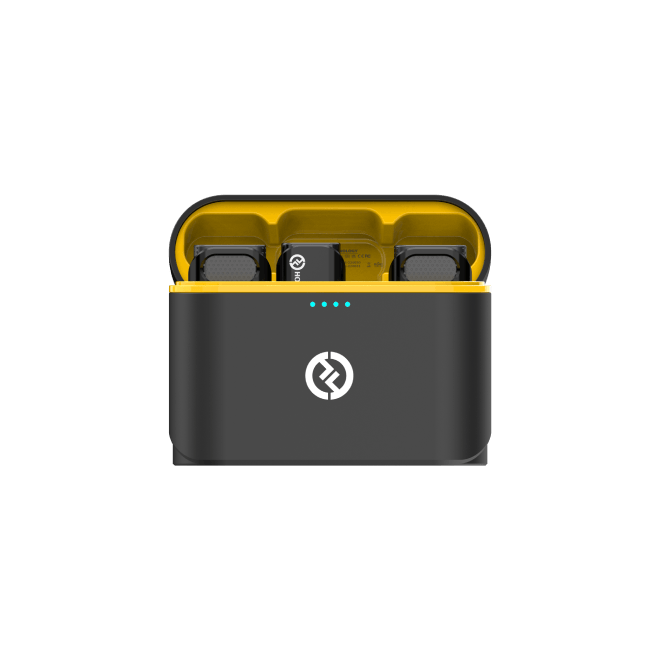
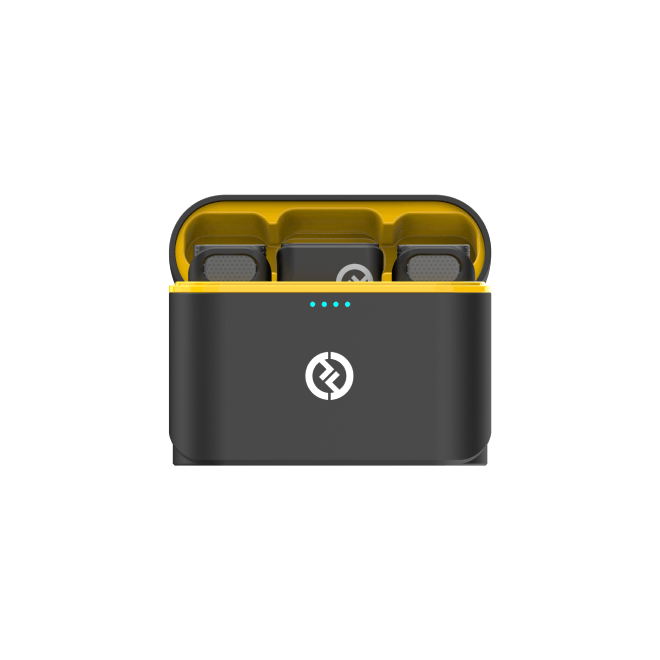
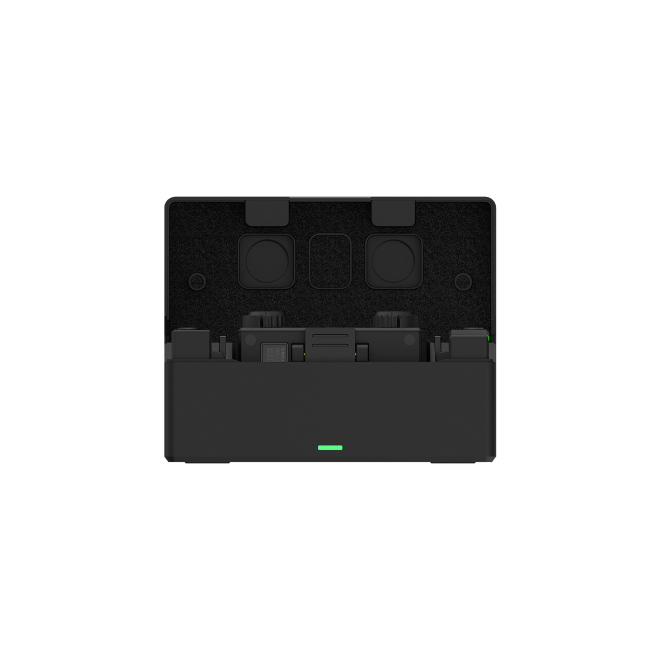





![How to Disconnect Spotify from Discord? [3 Ways Explained]](https://www.hollyland.com/wp-content/uploads/2024/11/how-to-disconnect-spotify-from-discord-3-ways-explained.jpg)
![My Discord Crashes when I Screen Share [These 7 Fixes to Try]](https://www.hollyland.com/wp-content/uploads/2024/09/my-discord-crashes-when-i-screen-share-these-7-fixes-to-try.jpg)
